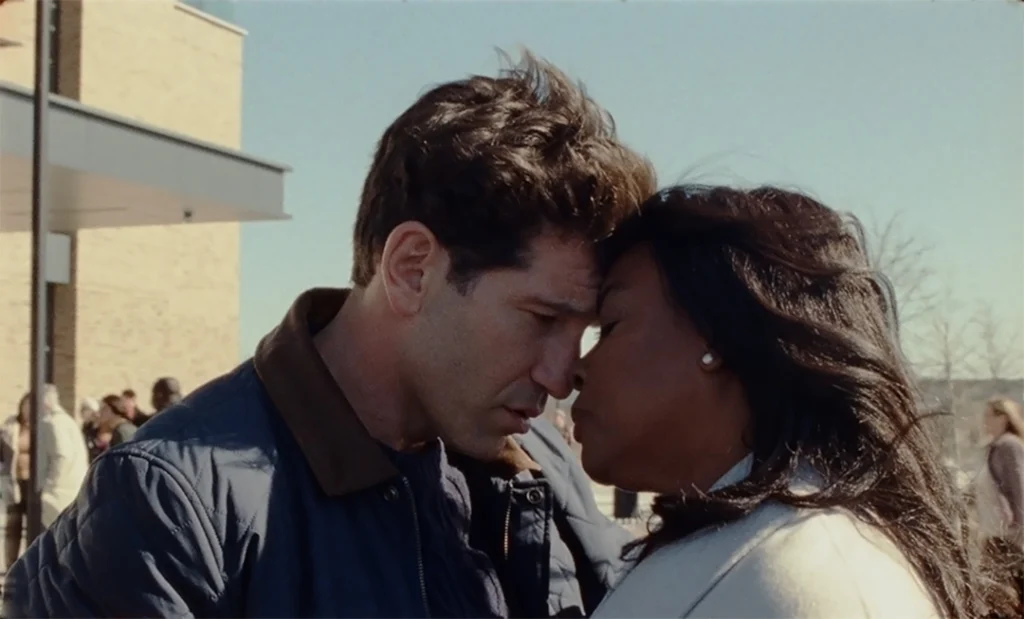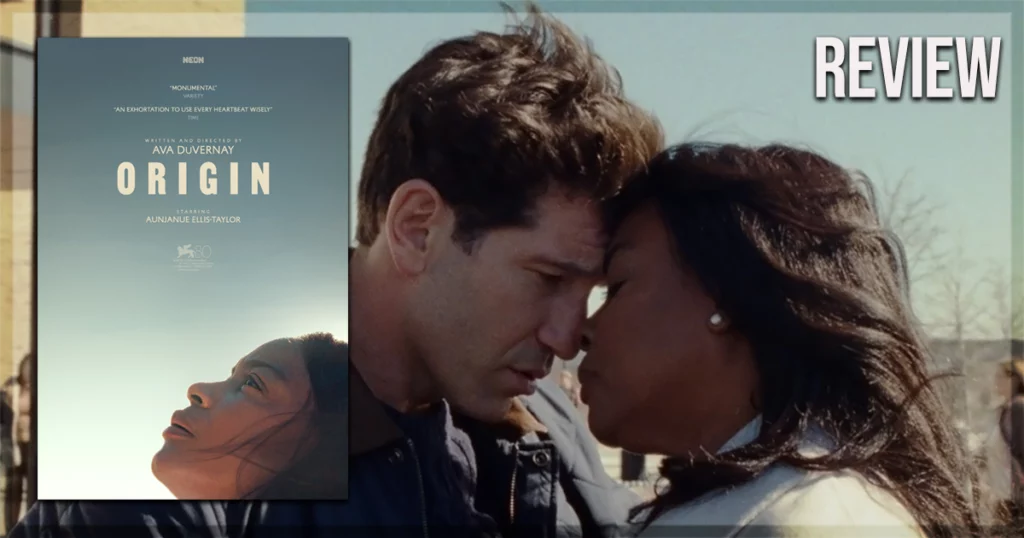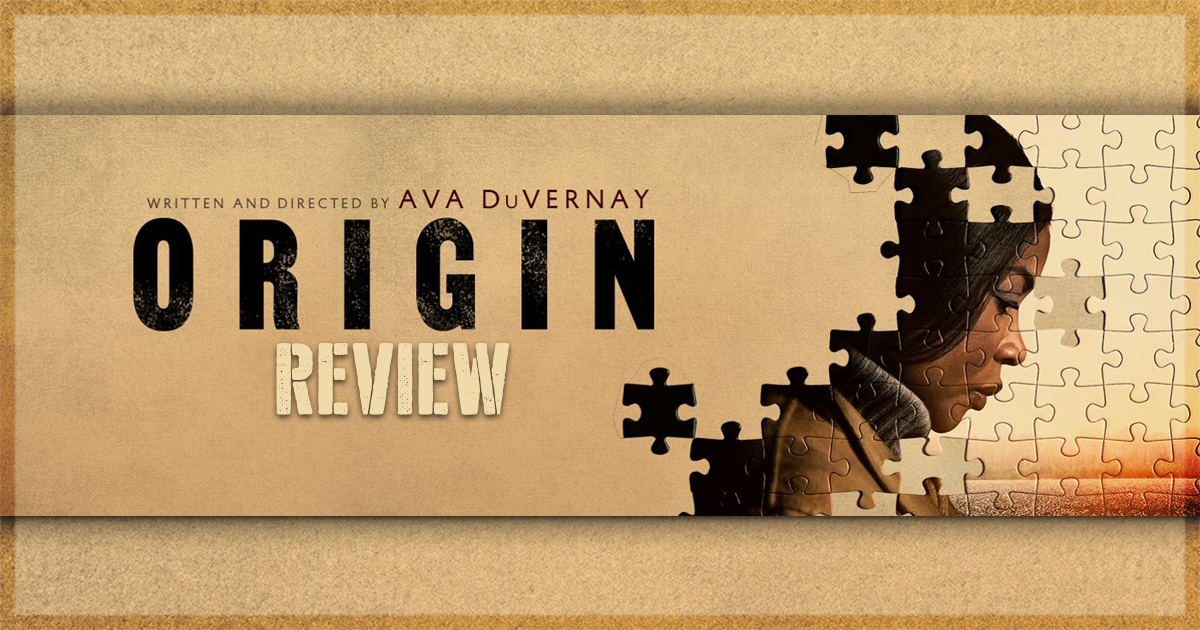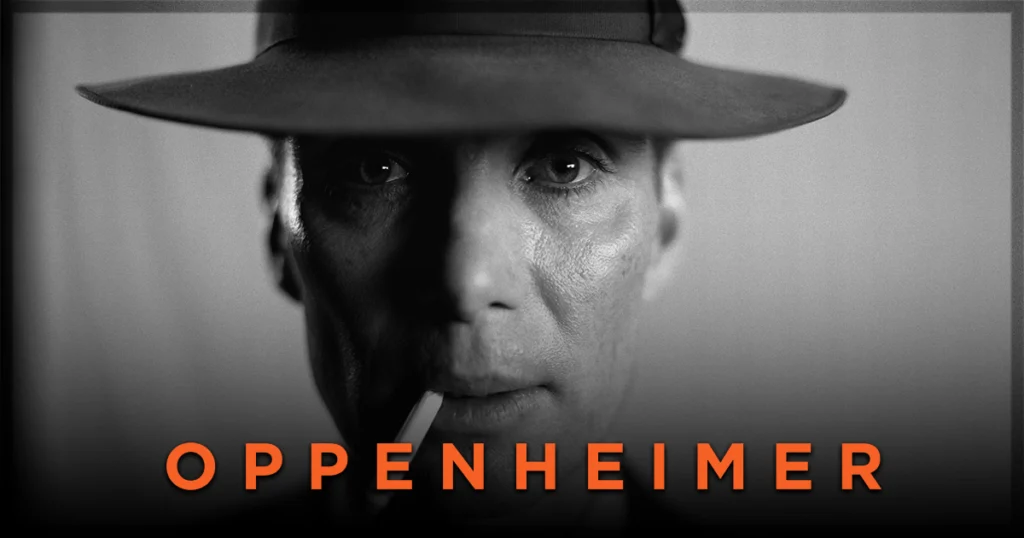Describing Ava DuVernay’s Origin to an average moviegoer may prove complex, especially concerning its opening moments, where Isabel Wilkerson (Aunjanue Ellis-Taylor) listens to a recorded phone conversation with the police and the assailant who murdered Trayvon Martin (Myles Frost). DuVernay and cinematographer Matthew J. Lloyd recreate this tragic moment in American history chillingly, with Isabel listening attentively to the call while Martin tries to run away from the truck stalking him. This event, coupled with the sudden loss of her husband, Brett Hamilton (Jon Bernthal), and mother, Ruby (Emily Yancy), is the catalyst for her newest book, in which she attempts to investigate the root of racism in the United States as part of a caste system.
She attempts to draw parallels between the African American experience, Nazi Germany, and the Dalits in India, talking to various figures on the matter, including Dr. Suraj Yengde, who portrays himself when discussing the impact of Bhimrao Ambedkar (Gaurav J. Pathania) throughout India. But Isabel also has difficulties of her own, in regards to her mother and husband’s passing and an illness slowly taking away her cousin Marion (Niecy Nash-Betts) as she is spending time away in Germany and India researching for her book.

DuVernay asks a lot of the audience
DuVernay asks a lot of the viewers and perhaps too much. In its opening moments, she throws the Trayvon Martin recording, Brett and Ruby’s deaths, and a scene where she is confronted by a MAGA-hat-wearing plumber (Nick Offerman) who doesn’t need to say much but doesn’t want to help a Black woman in fixing the drain problems around her mother’s house. She has to communicate through her grief in an attempt to reach him – and peer through his pro-Trump façade, where he finally accepts to help her. It’s one difficult scene after another, and none of the pieces seem to cohere, or at least form a compelling whole, for the viewer to want to see what comes next.
But it doesn’t take long for DuVernay to showcase her first (of many) striking images: We see August Landmesser (Finn Wittrock) refusing to perform the Nazi salute in a photograph. A former member of the Nazi party, Landmesser fell in love with Irma Eckler (Victoria Pedretti), a Jewish woman, during the beginning of the Second World War. In that same period, scholars Elizabeth (Jasmine Cephas Jones) and Allison Davis (Isha Blaaker) look for a copy of Erich Maria Remarque’s All Quiet on the Western Front in a library in Berlin, impervious of what’s currently happening, and will happen, as tensions escalate and Nazis begin to burn books that go against their ideologies.
A few scenes later, Isabel is having dinner with her friend Sabine (Connie Nielsen), who vehemently opposes her thesis, stating that it’s an interesting framework but not a book and that connecting the systemic racism of the United States to the one of Nazi Germany isn’t the same, as slavery adopted subjugation while the Holocaust adopted extermination. Isabel’s look vehemently disagrees with Sabine’s words, but the 16mm camera always observes its subjects instead of judging them, allowing them to speak for themselves as Isabel bears witness to their testimonials.
Isabel bears witness to her subjects’ testimonials
The biggest example of this occurs near the film’s end, where everything in Germany and India has already been laid out. Isabel interviews a former teammate of a Black baseball player who wasn’t allowed to celebrate the team’s victory with them during a pool party. Not only does the line between documentary and fiction blur itself the most, but DuVernay showcases one of the most distressing examples of racism in America through a painstaking sequence, where the player is ultimately allowed in the swimming pool but through an inflatable mat, guided by a lifeguard who consistently tells him not to touch the water.
The teammate was nine years old when this incident occurred and still feels remorse to this day, not fully knowing the extent of what was happening daily in America but still knowing it was unjust. He tells Isabel that if he could go back in time and do it differently, he’d do it in a heartbeat. These strong moments fill DuVernay’s 140-minute drama, each as difficult to watch as the last. As these moments begin to pile up, with DuVernay cutting from one scene to the next, it’s clear the thesis of her film is to ask all of us to sit and observe the dialogue being made by Wilkerson and its subjects and, by extension, to bear witness at the direct oppression that is consistently in front of us, instead of voluntarily avoiding it.
Origin isn’t so much a fiction film but instead docu-drama
DuVernay’s film isn’t so much a fiction film but a docu-drama that gives Wilkerson the answers she wanted to communicate through her book Caste: The Origins of Our Discontents in a visually enrapturing and direct way. There isn’t a single sequence that feels artificial but rather acts with Isabel in the story that she wants to live inside. Some scenes do feel out of place, and the side characters, particularly Brett and Marion, don’t get as much development as they should. However, these imperfections only add to Origin’s viewing experience, as Isabel’s journey is imperfect.
Her research won’t be as clear-cut as she thinks it will be, especially once she uncovers more elements that she didn’t know were there from her initial thesis. By allowing us to observe Isabel in her journey, DuVernay’s portrait of oppression is an unflinching, often brutal one that stays as true to Wilkerson’s text as possible but produces some of the most powerful images of her career, deftly shot in 16mm through a vérité lens.
Aunjanue Ellis-Taylor delivers an Oscar-worthy performance in Origin
As Wilkerson, Ellis-Taylor delivers the best performance of her career, an Oscar-worthy turn that’s impeccably modulated and emotionally powerful. Her multiple gazes convey everything you need to know about her, while a star-studded supporting cast feeds her emotions as she interacts with them. One of the film’s best sequences occurs near its midsection, where DuVernay showcases Isabel meeting Brett for the first time after he offers to help against a racist exterminator. Bernthal’s pitch-perfect emotional balance and natural charm feed so much into how Ellis-Taylor responds to him, showcasing a powerful love that was unfortunately cut short by a tragic–and sudden–death.
DuVernay does swerve around from one event to the next, which oftentimes feels like she’s reaching for an answer rather than letting it naturally come to her protagonist. However, Origin’s third act sees Wilkerson construct the pillars that will guide her book, naturally moving from the events laid out in the audience’s eyes for the past two hours. Within its final shot, the message has never been clearer, and the image DuVernay creates has never been more striking. It’s not only one of the most important films of the decade but also DuVernay’s greatest film – a testament to her authorial powers as both a filmmaker and activist.
Origin is now in theaters.
Have you watched the movie yet? What did you think? Leave a comment below to share your thoughts or connect with us on X @MoviesWeTexted.
You might also like…



